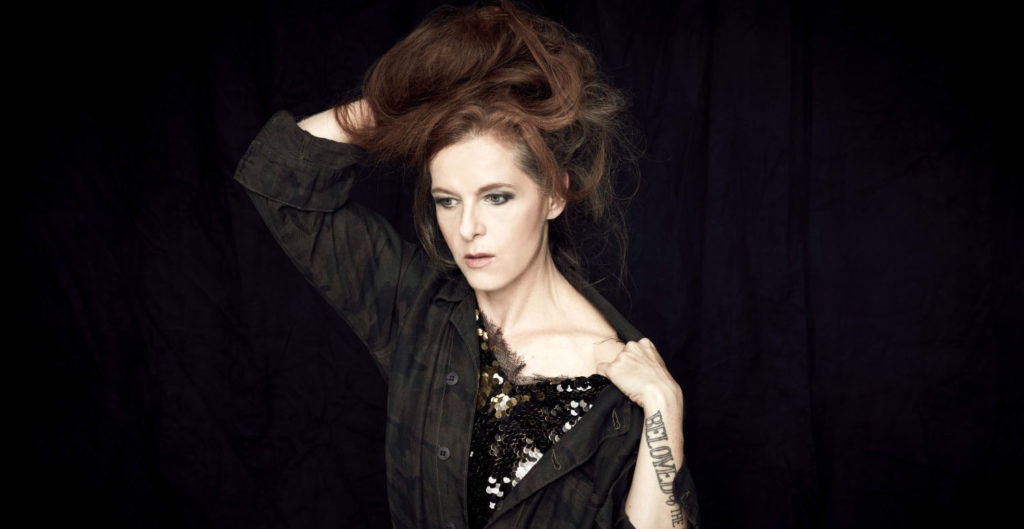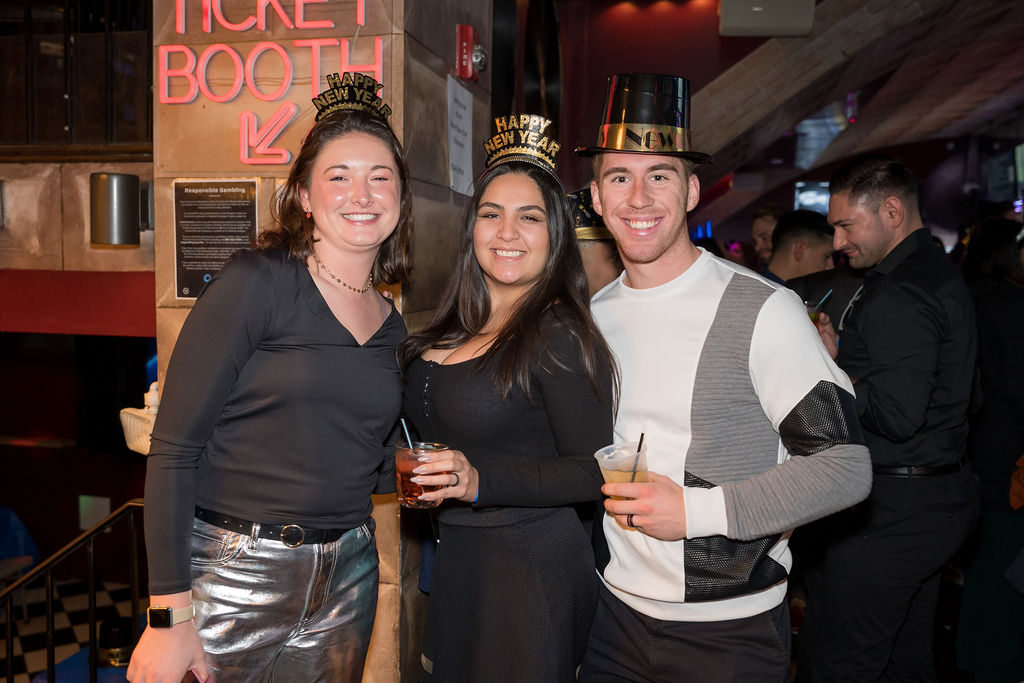Music
 Photo: Emily Shur
Photo: Emily Shur
Neko Case Talks New Album, Inclusivity & Sweden
January 24, 2019 @ 12:00am
While recording her 2018 album Hell On, Neko Case’s Vermont home burned down. No one was hurt, and she soldiered on. The end result was a powerful record containing reflections on nature, its potential for destruction, God and more. Heavy subject matter aside, the album’s beautifully joyous moments – such as the Beth Ditto collaboration “Winnie” – shine here as well. Case talked to On Tap ahead of her two shows this weekend at the Lincoln Theatre about her seventh studio album, the partnerships that came with it and inclusivity in the music industry.
On Tap: I wanted to ask about the opening line on the title track of “Hell On,” especially the line “God is not a contract or a guy, God is an unspecified tide.” Can you tell us more about that song and how it became the title track and album opener?
Neko Case: That song was written in the middle of writing all the other songs. It wasn’t made the first song on the album because of that as the opening line. The concept of God doesn’t mean enough to me for me to try to make a statement with that. I think writing that song felt really good. It was very sing-songy and it was one of those [moments of] euphoria inside your own head, and just making things for the pure joy of making things. That’s one of my favorite ones. That one came quickly to me and it was a real joy to work on.
OT: What about working with Beth Ditto on the standout track “Winnie?”
NK: I work with strong, outspoken women in music every day. But Beth, I asked to do it because she’s a phenomenal singer and that particular part in the song was almost like casting a role. The song wasn’t really working and I thought maybe there should be a different voice. Beth was just the most natural person to voice that character. That song also was written out of absolute joy and the euphoria of just feeling very confident about those things, which is the gift that the character of Winnie gives to the person that is being sung to in the song. It’s almost like a little play.
OT: You also partnered with Bjorn Yttling of Peter Bjorn and John to produce Hell On. How did he end up on board?
NK: I started to work with him because I just love what he does. Not only is he a musician, but he’s also an arranger and a producer – he does it all. He was such a great person to work with because I was looking for new sounds. I was looking for someone who had that same kind of ravenous feeling. We have friends in common and there are so many projects he’s done that I am such a huge fan of that are a main staple in my musical diet. He works with a lot of women and men equally, and I thought he had really great balance. He is confident enough to put himself in there but then to also know when stuff isn’t working. He’s open to new ideas.
OT: You recorded the album with him in Sweden, right?
NK: There were a lot of benefits to that. One was I got to be in Sweden for a month and a half. He really wanted to do it there because he has two school-aged children and that made it a lot easier for him, so I was like, “Great! Everybody wins, this is awesome.” Then me being away from home while I’m working on a record is often very good because there are no distractions from my daily life that force me to take my mind out of what I’m doing. I went from my comfort zone to his comfort zone. The Swedish music scene is really strong, they have a lot of resources. The Swedish government takes care of its citizens, so there’s a lot of resources for people. It’s pretty awesome and stunningly beautiful, and the food is amazing. I threw myself into a totally happy situation [laughs].
OT: I know your home and barn unfortunately burnt down while you were in Sweden recording the record, and there is a lot of fire imagery on the album art like the crown of cigarettes you’re wearing. Was that intentional?
NK: The cigarette hat thing I had quite a long time before that, but it ended up tying in with the album art in both ways because I ended up using some of the burnt scenery in the album art. The house burnt down right as Puerto Rico was underwater and right after Houston had flooded. During the making of the record, most of California was on fire. I wanted to use some of [the burnt house] in the artwork because some of it is really beautiful in the aftermath, and I wanted to have an unspoken solidarity with people going through the same thing. A lot of people had a lot worse things happen to them than I did, and we’re all lucky to still be here together.
OT: As a woman who writes about music, I’m often incredibly frustrated by some of the narratives around women in music and some of the things they are subjected to. So when you see things like this collaboration panel of women producers you participated in, it’s incredibly inspiring. I often find myself discouraged. How do you avoid feeling that way?
NK: Basically, there are women who are producers and they are not getting hired. A lot of the time, it’s because people just don’t know we exist so seeing a woman being publicly lauded and loved for being hired to produce something is so major. Then when it’s people you’re a fan of, you’re like, “Oh yes!” I think it’s the first time that I’ve ever gotten to [see] something where a woman has produced a work and it’s not her own work. I hope that’s the first of a long line of amazing shifts and I want to just scream it from the rooftops. People don’t know that women produce records. They just don’t.
OT: Do you think it’s just that artists don’t know or that they don’t care to seek out women to produce for them?
NK: I don’t think that it’s born of anything so different than the colonialist patriarchy – same old, same old at the end of the day. But the fact is, we’ve always been there and we’ve been innovators and inventors and pioneers for as long as all of these technological mediums have been in existence. So yeah, it started with the sh-tty patriarchy and sh-tty sexism. I want to make sure we don’t end up just saying, “Here’s the women producers over here!” because that doesn’t invite all women. Women have told me – who are trans or people who are non-binary or gender fluid – [they] feel uninvited. We don’t want to start some sort of ranking. We just want to make sure there’s a database of knowledge that’s here. There is room for everybody else to get credit, so check them out. Hear what kind of innovation they have or what sounds they’re making. One of my favorite musical innovators is Wendy Carlos, and I think a lot of people think of her because she’s a trans woman and that’s all they think about. They don’t think about all the incredible things she has accomplished.
OT: So how do you combat that sort of thinking?
NK: We’re basically short headline reading everyone in society right now. It’s so hard to include everyone in that. So making sure we have a database of language and of knowledge to make sure that people understand the gender of women – whatever that means – is not the polar opposite of masculinity or of men. We’re not trying to define anything like that. We’re just trying to raise visibility and make sure other people are invited, which is not always easy. But it’s also not hard at all. It just takes a little bit of time and consideration, and this is what people want.
Neko Case plays Lincoln Theatre on Saturday, January 26 and Sunday, January 27 with Margaret Glaspy. Tickets are $46, and doors open at 6:30 p.m.. For more on Case, visit www.nekocase.com.
Lincoln Theatre: 1215 U St. NW, DC; 202-888-0050; www.thelincolndc.com








